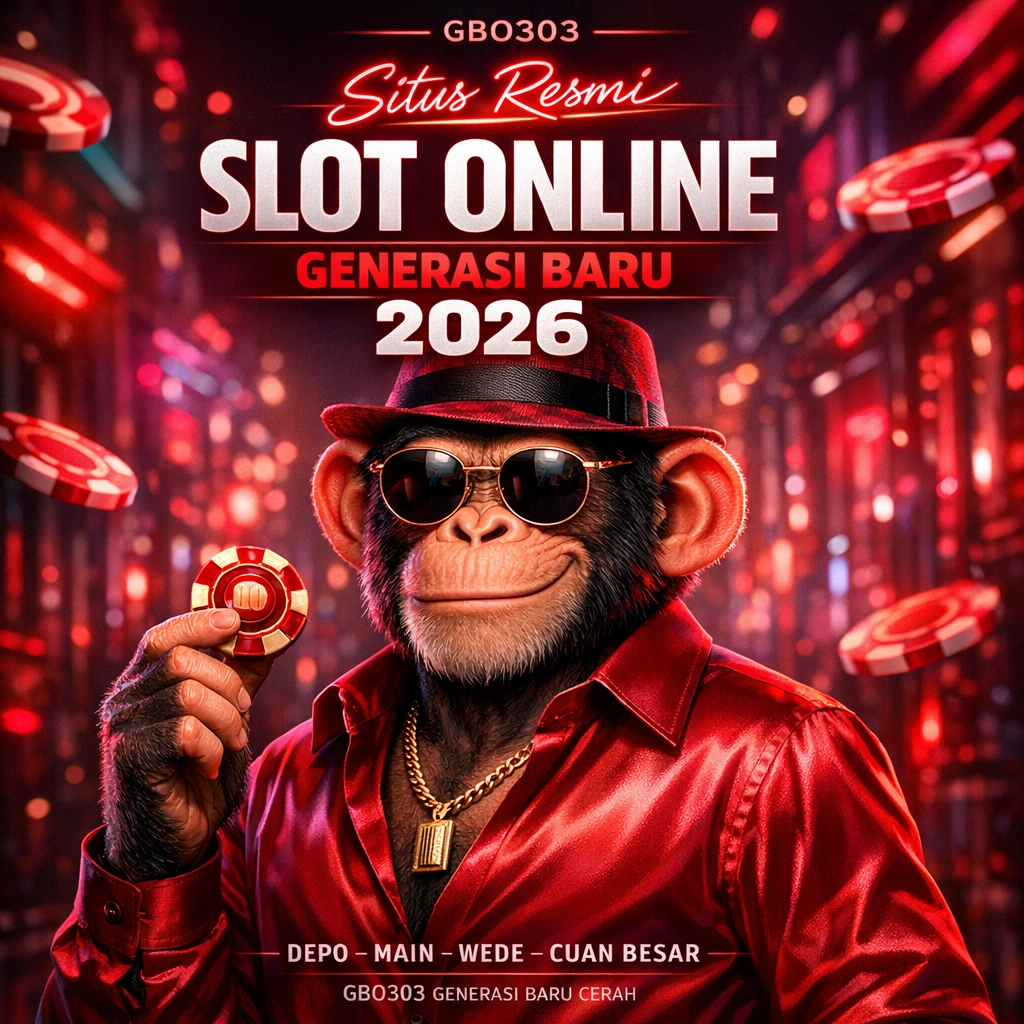GBO303 adalah link daftar resmi situs slot online RTP tertinggi 2026, menghadirkan sistem keamanan data pemain yang terenkripsi, transaksi cepat, bonus menarik, dan layanan profesional 24 jam. Nikmati pengalaman bermain nyaman, aman, dan terpercaya setiap hari melalui halaman Youth Development.
GBO303 | Link Daftar Update 2026 Situs Slot Online Gacor
GBO303 | Link Daftar Update 2026 Situs Slot Online Gacor
43,038 sales
Slot Online Gacor
Tell us what you think!
We'd like to ask you a few questions to help improve ThemeForest.

